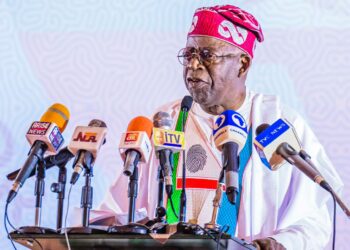The Federal Government of Nigeria has announced the signing of a Memorandum of Understanding (MoU) between Nigeria and Cuba on food security and agriculture advancement.
This disclosure was contained in a statement released by Olusola Abiola, Director Information Office of the Vice President, on Sunday.
According to the statement, Senator Abubakar Kyari, the Minister of Agriculture and Food Security signed the MoU with Cuba on behalf of the Federal Government on the sidelines of the G77+ China Leaders’ Summit.
The signing ceremony took place at the Ministry of Agriculture of Cuba in the presence of officials from both countries.
Sen. Kyari revealed that the expression of interest (EOI) between Cuba and Nigeria in the field of agriculture was in line with President Tinubu’s vision for food and nutrition security.
Details of the partnership between Nigeria and Cuba in agriculture.
Focused areas of cooperation
The partnership between Nigeria and Cuba will focus on crucial areas of agriculture, particularly bio-fortification of agricultural produce, improvement of agricultural seeds and seedlings, agricultural mechanization, cutting-edge technologies for increased yields, and the reduction of post-harvest losses.
- In addition, the Minister said, “Nigeria is keenly interested in collaborating with Cuba in the domains of poultry, livestock, and fisheries”.
Other areas of cooperation between both countries include training, capacity building, knowledge transfer, veterinary medicine, vaccine development, artificial insemination, and the development of pastures and ranching as essential components in curbing the challenges posed by inefficient open grazing of cattle.
Cuba’s reaction to the MoU between both countries
In his speech, the Minister of Agriculture for Cuba, Ydael Jesus Perez Brito, who signed the MoU expressed delight at the chance to partner with Nigeria.
Brito told the Nigerian delegation that Cuba would deploy its wealth of resources in the agriculture sector to help Nigeria achieve its agriculture and food security policies.

























